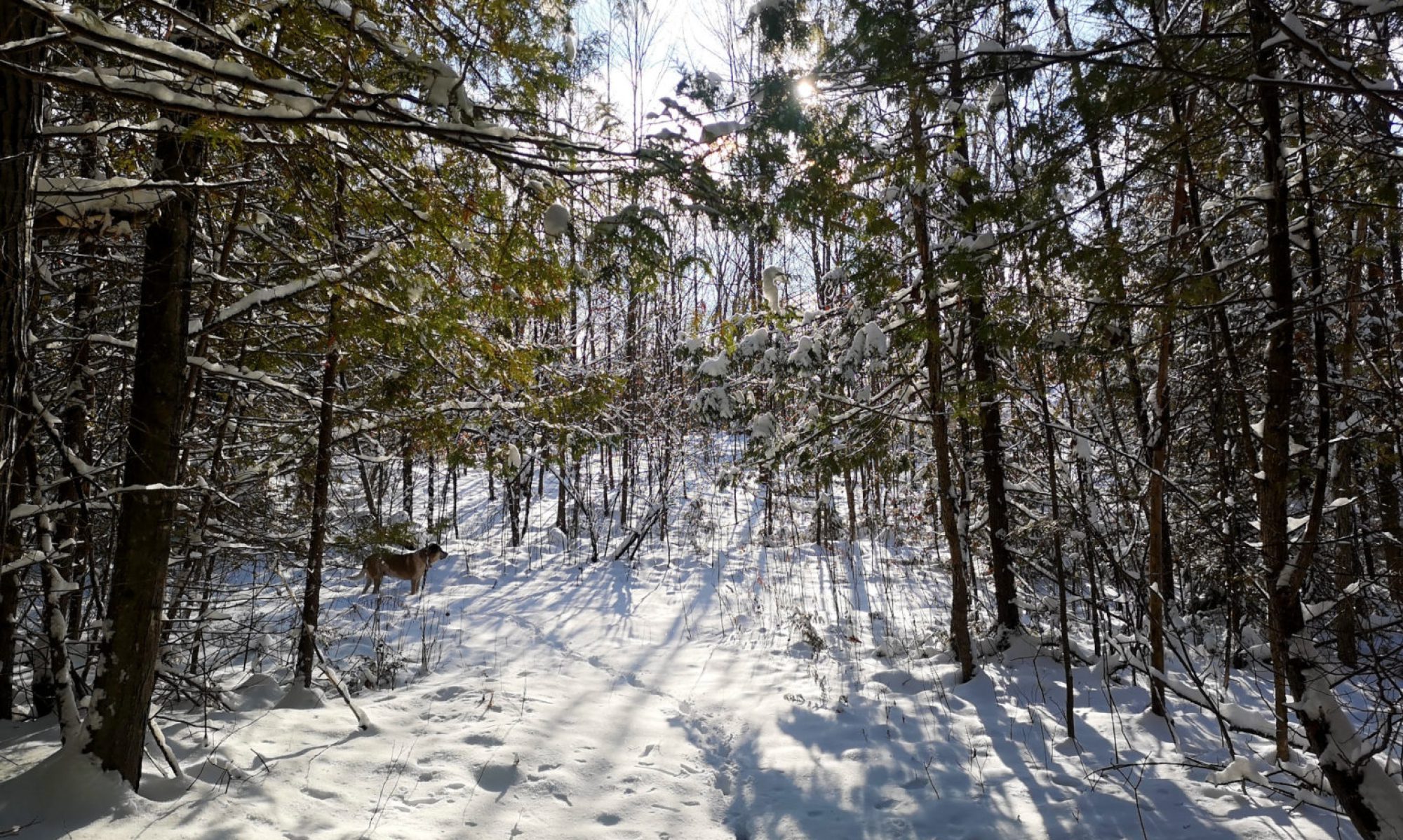Note: This was originally published as the daily newsletter for the Columbia Journalism Review, where I am the chief digital writer
Last Friday, the US Supreme Court handed down a decision nullifying Roe v Wade, the almost 50-year-old court case that enshrined legal access to abortions in the United States. The decision was widely expected, thanks to a story that Politico published in May, based on a draft opinion that was leaked anonymously. The advance notice allowed more than a dozen states to pass “trigger laws,” which in some cases made abortion illegal as soon as the official Supreme Court decision was released. This has raised the potential for legal action against women who are seeking to terminate a pregnancy, and fears that content shared via social apps—including apps designed to help women track the progress of their menstrual cycle and their potential fertility—and through social platforms, and even web searches, could be used to try to incriminate them.
This isn’t an idle fear: In 2017, Latice Fisher, a Black woman, went to a hospital in Mississippi after losing a pregnancy at home in the thirty-sixth week. Because she admitted during a gynecological exam that she was pregnant, but never returned for a followup visit, medical staff gave police her medical records, and they started an investigation. Since Fisher had also voluntarily given police her phone, Wired noted that prosecutors were able to access her search history on the device, including a web search she conducted for misoprostol (medication that can be used to trigger an abortion). Although there was no evidence that Fisher had ever used the medication, the district attorney’s office nevertheless used the search as evidence that she had killed her fetus, and she was charged with second-degree murder (the case was eventually dropped).
“Those seeking, offering, or facilitating abortion access must now assume that any data they provide online or offline could be sought by law enforcement,” the EFF wrote in a statement following the court’s ruling nullifying Roe. The Washington Post noted that “a Google search for a reproductive health clinic, online order for abortion pills, location ping at a doctor’s office and text message about considering ending a pregnancy could all become sources of evidence.” The Post advised those searching for abortions to use encrypted private messaging apps such as Apple’s iMessage, WhatsApp and Signal. The latter was the most secure, the paper said, because Apple has a key that allows it to decrypt iMessages, so law enforcement could force it to do so, and WhatsApp shares data with its parent company, Meta. The paper also recommended using web browsers in incognito mode, and leaving a phone at home when visiting clinics.
Continue reading “Tech platforms, data, and the aftermath of Roe v Wade”







